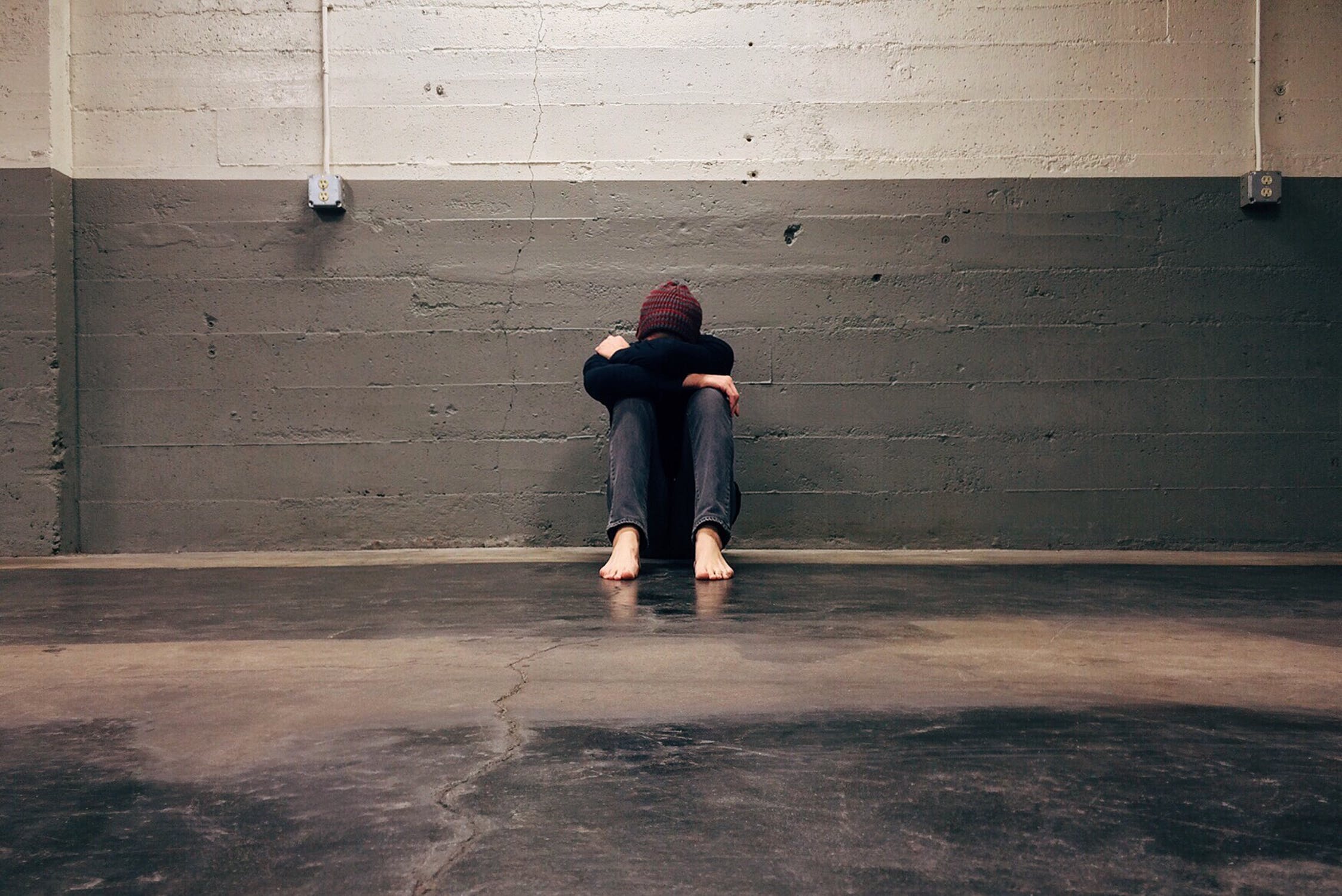
The COVID-19 pandemic caused many people to start self-isolating as a necessity. But the concept of isolation is nothing new. We often hear people describe themselves as an ‘introvert’ or a ‘homebody’. In fact, roughly 25-40% of the global population consider themselves to have an introverted personality.
Introverted tendencies are often seen in teenagers. If you’re the parent of a teenager who frequently self-isolates, it can raise concern. After all, the teen years are when many adolescents are developing relationships, trying new things, and coming into their own. However, if your teen is isolating, it’s not necessarily something to worry about.
Why Some Teens Self-Isolate
Despite the fact that many kids become more social during their teen years, others do the opposite. Some teenagers don’t go out, hang out with their friends, or get involved in school activities. In most situations, the decision to isolate comes down to the teen’s personality as well as their experiences.
If a teen has always had a strong group of friends, you can expect them to continue hanging out with those friends as they get older. However, some kids only have a handful of close friends growing up. If that’s the case, the teen might only see their friends once a week outside of school. As long as they are happy, it doesn’t matter how many friends they have, or how much time they spend with them.
The same is true for teens who choose not to get involved with school activities. Some kids aren’t interested in playing sports or joining a club. Your teen is around kids all day at school, so they are most likely getting plenty of social engagement during the day. School activities are a common way that teens make friends, but chances are, they are forming connections elsewhere.
Of course, it’s also important to remember that kids change over time, especially as they get older. Someone who had a huge friend group in middle school might not remain friends with the same people in high school. Kids make other friends and they naturally drift apart. The teen years are incredibly formative, and kids learn who their true friends really are. As a result, some teens might prefer to stay home on the weekend when you would expect them to go out.
Does Isolation Indicate Poor Mental Health?
If you notice that your teen is isolating more than usual, or more than other kids their age, you shouldn’t jump to conclusions right away. It’s not abnormal for a teen to be quiet and introverted. Additionally, an introverted teen is not necessarily a teen who is struggling with depression or is just anti-social.
As the parent of a teen, you interact with your child every day. You notice their personality changes, their behaviors and their day-to-day wellbeing. If your teen is struggling with their mental health, there are many other symptoms beyond isolation that would cause concern.
It doesn’t help that we live in a society that glorifies extroverts. Kids and adults are encouraged to be the most social and have the biggest group of friends. We’ve been programmed to believe that the more social you are, the more people like you. In reality, that is far from the truth. Your worth is not measured by the number of friends you have, the number of events you attend, or how often you go out.
People who identify as extroverts suffer from mental health disorders just as often as introverts do. The main difference is the telltale symptoms. For example, someone who is suffering from depression may be quiet and reserved. But an extrovert who suffers from depression may struggle with things you don’t see, like a messy house, sleeping in very late and avoiding responsibilities. You can’t judge someone’s mental health from the outside.
So while an introverted teen might be mentally healthy, it’s still important to watch for signs of depression. For instance, appetite changes, sleeping pattern changes, irritability and loss of interest are more common signs of teen mental health disorders. If your child is experiencing those symptoms for more than a few months at a time, you should seek professional treatment.
Social Relationships Can Improve Mental Health
Not every teenager is going to have a huge group of friends, and that’s ok. As long as they are engaging in some social interaction, whether it’s at school or in some other activity, it shouldn’t be an immediate cause for concern.
However, social relationships have been shown to improve mental health. As a teen, having a support system is incredibly important. A good home life is valuable, but teens need to be able to connect with other kids who are experiencing the same things they are. It can be hard to talk to a parent about dating for the first time or wanting to experiment with alcohol at a party.
If your teen doesn’t have many friends in their life, consider encouraging them to branch out socially. It doesn’t mean they need to join every club and sports team or spend all their free time with other kids. However, developing new relationships will help them break out of their isolation and connect with other teens their age.
Mental Health Treatment for Teens
While some teens are simply introverted, other teens do struggle with their mental health. If you suspect that your child is dealing with depression, our team at Mission Harbor Behavioral Health can provide treatment. Our licensed clinicians specialize in treating teens and young adults.
Our adolescent program is designed for kids between the ages of 12-17 who are dealing with mental health issues. The program uses four treatment models, behavioral interventions, family therapy, parent courses, and other therapies to provide a comprehensive treatment plan that helps teens recover successfully.
If you or someone you love needs help, Mission Harbor has treatment centers in Santa Barbara and the Southern California area. You can get in touch with a member of our team to learn more about our adolescent services.




